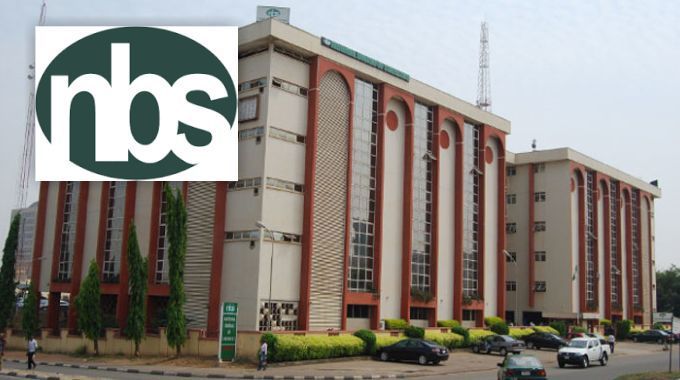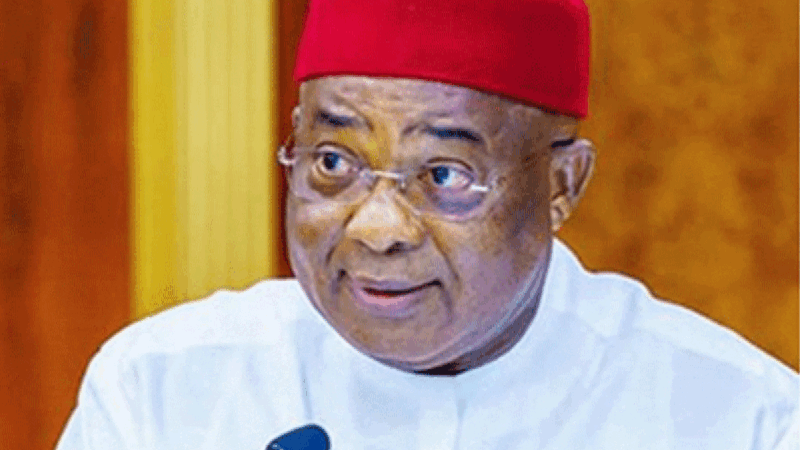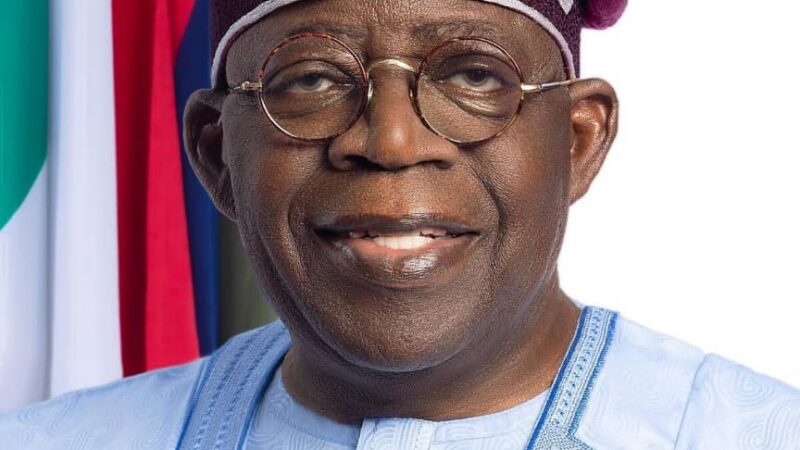Nigeria’s Inflation Rises To 12.82% In July

*** Foreign Exchange Scarcity Slows Business Activities

The Country’s rate of inflation, which is measured by the country’s Consumer Price Index, has risen to 12.82 per cent in the month of July 2020, the highest ever recorded for the past 27 months.
The National Bureau of Statistics, NBS July 2020 CPI and Inflation report released on Monday, shows the latest increase represents 0.26 per cent points higher than the rate recorded in June 2020, which was 12.56 per cent.
Nigeria’s inflation rate has been on the increase since the beginning of this year. Findings showed that in January, February, March, April, May, and June, the rates in percentages were 12.13, 12.20, 12.26, 12.34, 12.40 and 12.56 respectively.
NBS in its latest report stated that in July, increases were recorded in all Classification of Individual Consumption by Purpose divisions that yielded the headline index.
It noted that on a month-on-month basis, the headline index increased by 1.25 per cent in July 2020, adding that this was 0.04 per cent rate higher than the rate recorded in June 2020 of 1.21 per cent.
“The corresponding 12-month year-on-year average percentage change for the urban index was 12.66 per cent in July 2020,” the Bureau said.
Meanwhile the lingering foreign exchange scarcity in the country findings show is slowing down banks’ ability to meet their obligations that are denominated in dollar.
Investigations show financial institutions have been having long waits to access dollars from the Central Bank of Nigeria to meet their payments needs, such as foreign payments and Global Depository Receipts.
GDR is a means by which foreign investors invest in shares in other countries without trading in the stock exchange of the company’s home country.
Among entities experiencing forex challenge are banks that raised capital abroad and telecommunications and international oil companies that repatriate funds to their home countries to settle shareholders.
Moody’s Investors Service had stated in its July 2020 report titled ‘Renewed foreign-currency shortages highlight vulnerability for banks’ that Nigerian banks’ foreign currency funding gap would rise to $5bn over the current low oil prices, volatile foreign inflows and lower remittances amid coronavirus pandemic.
The CBN had resumed foreign exchange sales in April ending to commercial banks, to be made accessible to customers wishing to pay school fees, and businesses making essential imports needed to revamp economic activities across the country.







